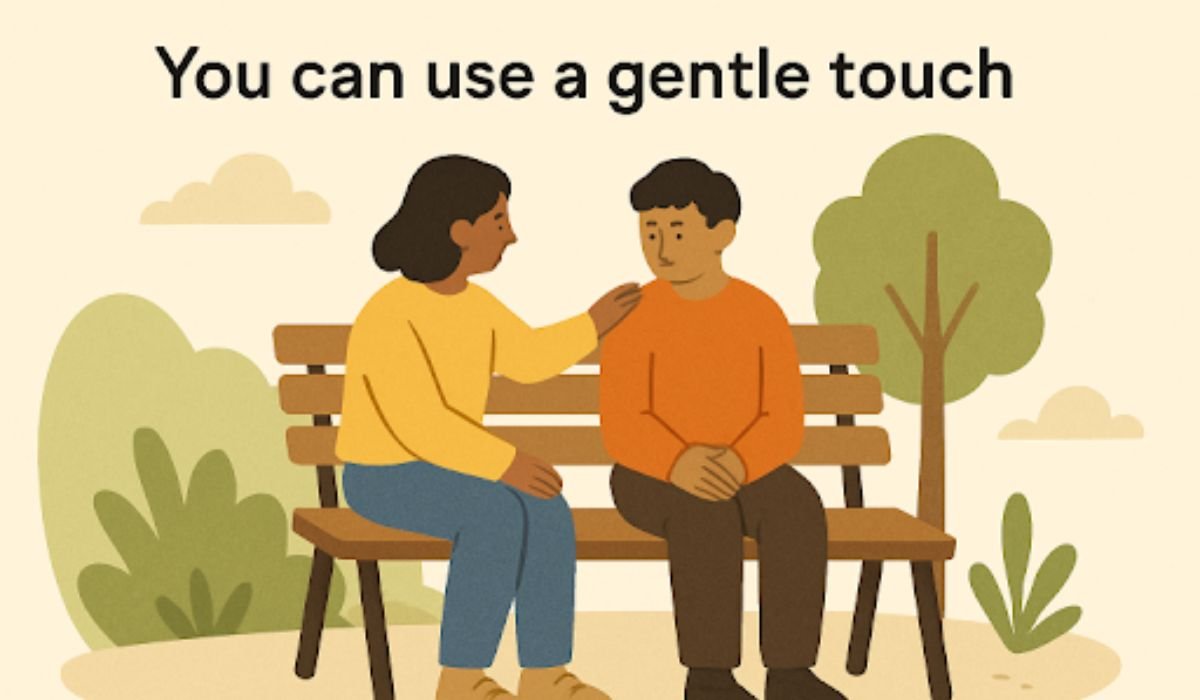Key Takeaways
- The significance of community support in overcoming alcohol addiction.
- Benefits of joining peer support groups for recovery.
- How various types of community resources can assist in the recovery journey.
- Personal stories that reflect the power of community support.
Community support significantly boosts recovery from alcohol dependency by providing a network of understanding peers, fostering accountability, and offering emotional encouragement. Programs like AA’s 12-Step Program play a vital role in this, as support groups, counseling, and community initiatives create a sense of belonging, reduce isolation, and help individuals develop coping strategies, ultimately enhancing their chances of sustained recovery.
Introduction to Community Support in Recovery
Addiction recovery often feels like an impossible task when attempted alone. This sense of isolation is why many find solace and strength in community support. From peer groups to professional resources, backing a supportive network significantly enhances the chances of successful recovery. Exploring options like finding where are AA meetings near me can be a beneficial first step toward community-supported recovery. Knowing that others have conquered comparable obstacles might give one hope and drive.
The journey toward sobriety is riddled with various psychological, emotional, and social challenges. It is critical to understand that addiction impacts not just the person with an addiction but also the entire social network, which includes friends and family. A robust community support system can help mitigate these complexities, providing a multi-faceted approach to recovery.
Why Support Groups Matter
People can discuss their experiences and challenges in a nonjudgmental setting via support groups like Alcoholics Anonymous (AA). These groups foster a sense of belonging and understanding, which is often lacking in other areas of life for those battling addiction. The shared experiences within these groups create a robust support network, providing emotional and practical advice for overcoming challenges.
According to a study by the National Institute on Alcohol Abuse and Alcoholism, people who attended peer-support meetings regularly had a higher rate of long-term sobriety. This finding highlights the critical role that mutual support plays in recovery. In a supportive environment, individuals are more likely to hold themselves accountable and commit to their recovery journey.
Furthermore, the structure of support groups like AA often includes sponsorship, wherein a more experienced member guides a newcomer. This personalized support can be invaluable, offering a reliable point of contact and a model for successful sobriety.
Types of Community Resources Available
Besides support groups, there are various community resources available to assist those in recovery, including:
- Counseling and therapy services: Professional counseling services can offer tailored emotional and psychological support, addressing underlying issues that may contribute to addiction.
- Educational programs on addiction: Knowledge is power. Understanding the science of addiction can empower individuals to make informed choices about their recovery process.
- Employment services: Many recovering individuals find that gaining employment or furthering their education provides a new focus and purpose.
- Health and wellness workshops: Physical well-being often suffers during addiction. Wellness workshops focusing on fitness, nutrition, and mental health can be incredibly beneficial.
These resources can complement the work done in support groups, providing a holistic approach to recovery. For a more comprehensive look, a Harvard study delves deeper into how community efforts can significantly improve recovery outcomes.
The Role of Professional Counseling
Professional counseling offers a more tailored approach to overcoming addiction. One sort of therapy that helps patients identify and change the unfavorable thought processes that underpin obsessive behaviors is cognitive behavioral therapy (CBT). CBT is effective because it provides practical strategies for coping with triggers and stressors.
Individual therapy can also address co-occurring disorders such as anxiety and depression, which are common among those battling addiction. Therapists can design customized treatment plans considering these nuances, offering a comprehensive, well-rounded recovery method.
Data shows combining professional counseling with community support can significantly improve recovery outcomes. Combining group meetings and one-on-one therapy sessions, for instance, may provide a more comprehensive support network and give people the skills and techniques they need to maintain long-term sobriety.
The Importance of Continued Support
Even after achieving sobriety, continued support is crucial to prevent relapse. Community organizations often have long-term programs designed to support individuals as they navigate life without alcohol. These initiatives help maintain focus and provide a safety net during challenging times.
Continued support can come in many forms, such as ongoing therapy sessions, periodic group meetings, and social activities that foster a sense of belonging. These programs help people stay sober by providing continuing support and encouragement.
Moreover, long-term support programs can also provide opportunities for individuals to give back to the community, such as becoming sponsors for newcomers or volunteering at community events. This not only reinforces their recovery but also strengthens the overall support network within the community.
Conclusion: Seeking Help is a Sign of Strength
Overcoming alcohol addiction is a challenge that no one should walk alone. The collective strength found in community support systems, whether through peer groups or professional resources, provides a powerful aid in the path to sobriety. Remember that asking for assistance demonstrates strength and can positively impact recovery. The road to recovery may be long and arduous, but with the proper support, it is possible. Using the services in your community may lay the groundwork for long-lasting sobriety. Whether through group meetings, professional counseling, or community programs, the path to recovery is paved with support and understanding.
If you’re looking to take the first step toward recovery, consider exploring options for community support. Finding where AA meetings are near me can be an excellent starting point. The journey begins with a single step, and you can achieve lasting sobriety with the proper support.











